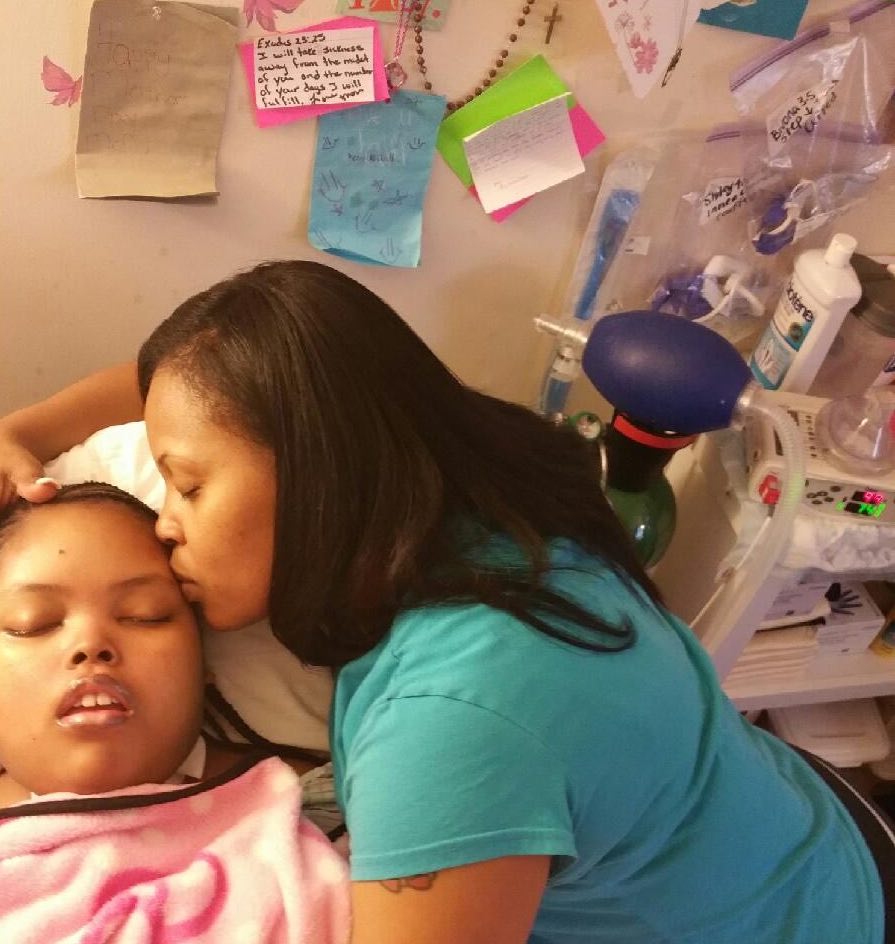
The case of Jahi McMath has led to an international debate on the meaning of life and death. A recent New Yorker article by Rachel Avive delves more deeply into the legal and ethical issues presented by this extraordinary case.
Four years ago, in December of 2013, Jahi McMath was pronounced dead after complications from surgery. Later that month attorney Christopher Dolan of Dolan Law Firm in San Francisco took on McMath’s case, pro bono, after being contacted by McMath’s family. Despite overwhelming evidence that Jahi McMath does not meet the criteria established under California law for brain death, the State of California and County of Alameda have refused to acknowledge Jahi’s humanity and continue to deprive her of the civil rights provided to all living persons under the U.S. Constitution and Federal law. Two years ago Dolan, on behalf of Jahi and her mother Nailah Winkfield, filed a federal lawsuit for violation of Jahi’s civil rights.
The lawsuit was only filed after exhausting all available avenues to work with the State Department of Vital Statistics, Alameda County Department of Public Health, County Coroner’s Office and County Counsel, to have Jahi McMath’s incomplete, and invalid death certificate (not even signed by an attesting physician) rescinded, and her basic human rights restored.
“My girl is alive,” Winkfield stated. “I want to return to California so she, and I, can live among our family and friends and surround Jahi with the love and support she deserves.”
In the spring of 2015, Jahi’s mother, Nailah Winkfield, filed a malpractice lawsuit against Oakland Children’s Hospital, seeking damages for Jahi’s pain, suffering, and medical expenses. The hospital argued that deceased bodies do not have legal standing to sue. “Plaintiffs are preserving Jahi’s body from its natural post-mortem course,” the hospital’s lawyers wrote. “It would be against public policy to hold health professionals liable for the costs of the futile medical interventions performed on a dead person.”
Last summer (2017), a judge on the Alameda County Superior Court rejected the hospital’s argument that the brain-death exam from 2013 “must be accorded finality for any and all other purposes.” He ruled that “a triable issue of fact exists as to whether Jahi currently satisfies the statutory definition of ‘dead.’ ” In a trial expected to last a month, a jury will decide if Jahi is alive. A trial date has not yet been set.
Christopher Dolan, attorney for Jahi McMath and her mother Nailah Winkfield stated, “The fact that the state refuses to recognize the mountain of evidence that Jahi McMath does not meet brain death criteria is the most grave of injustices. In essence, they proclaim that once she is determined to be brain dead they will never revisit, or reconsider, the death sentence no matter what factual evidence is presented. This is like refusing to reconsider a death sentence when evidence is presented demonstrating that the original conviction was erroneous, and the condemned is innocent.”









